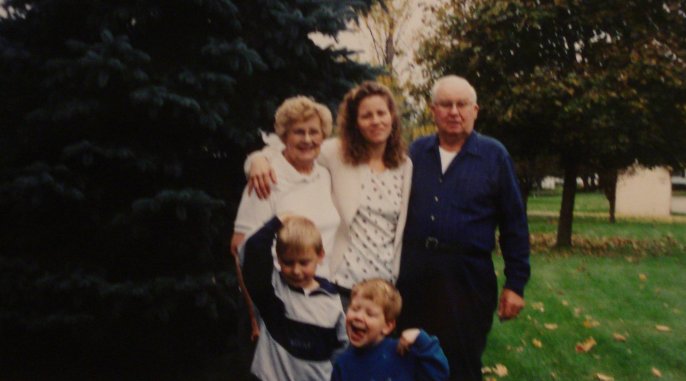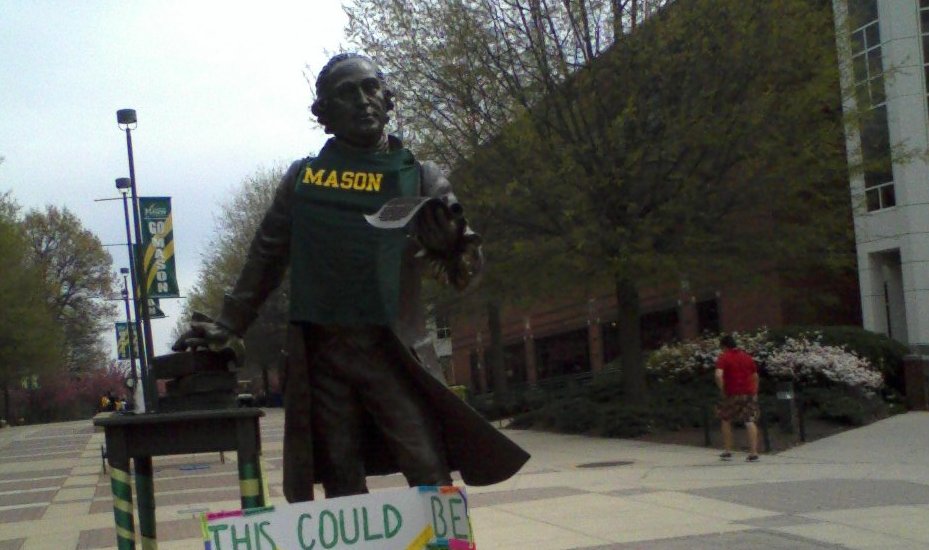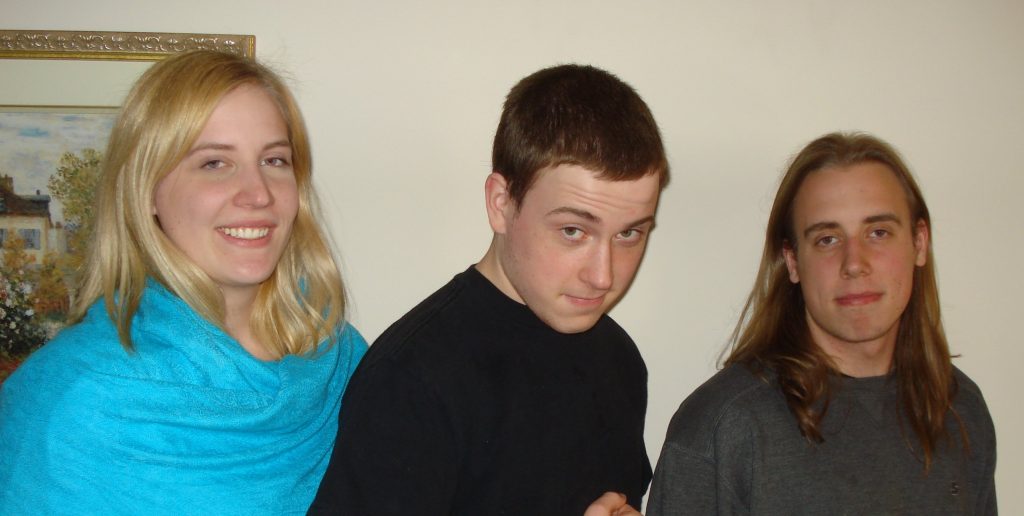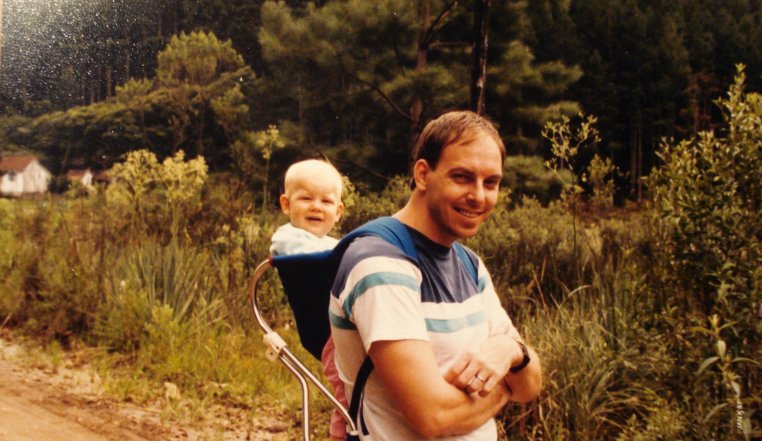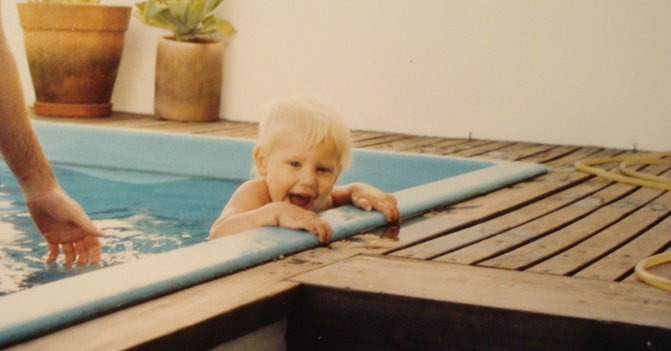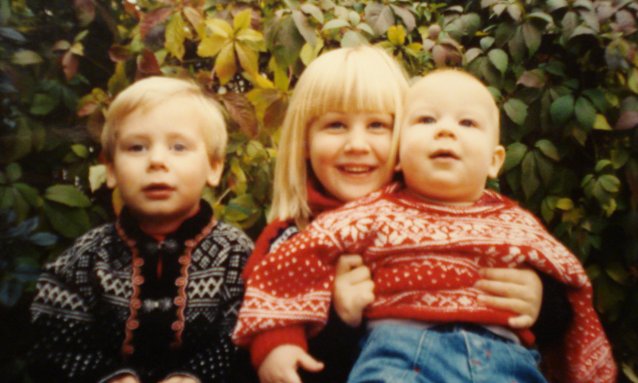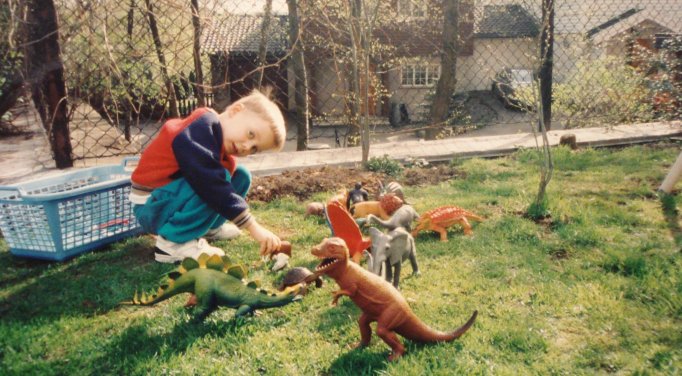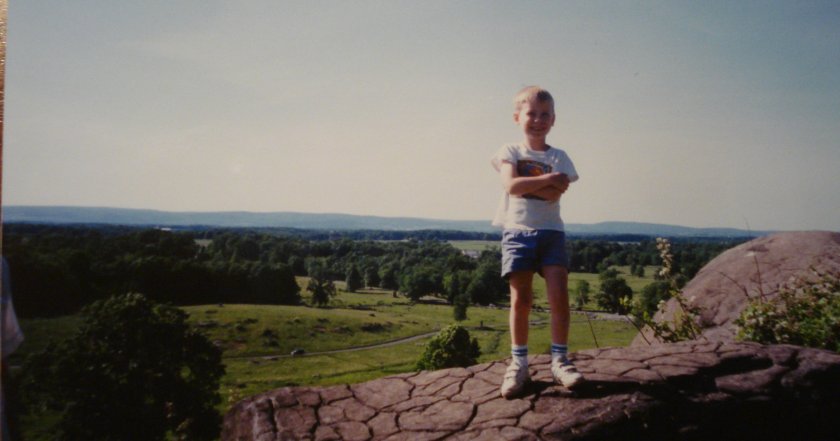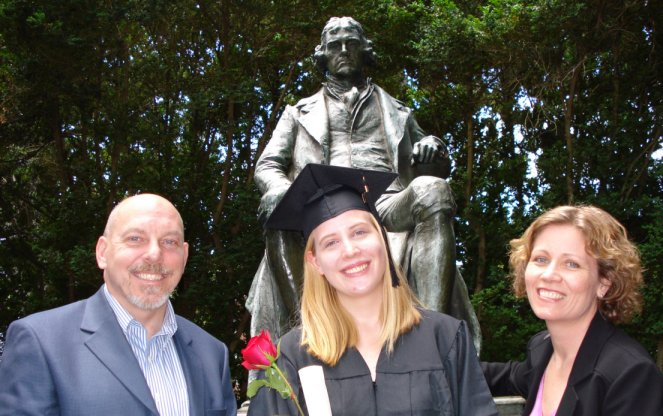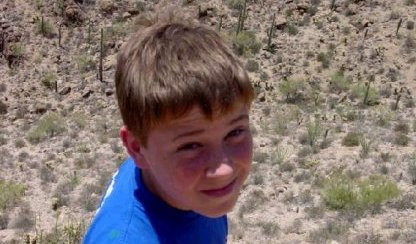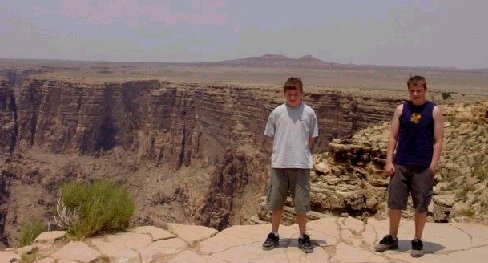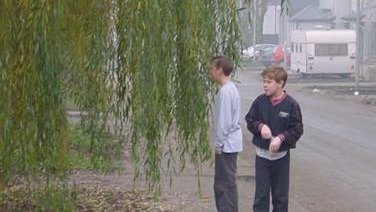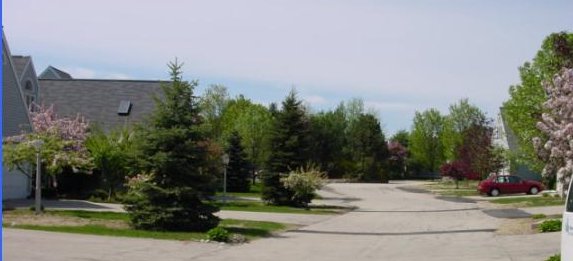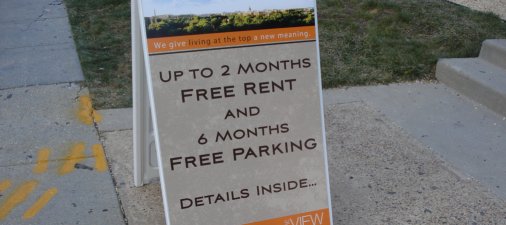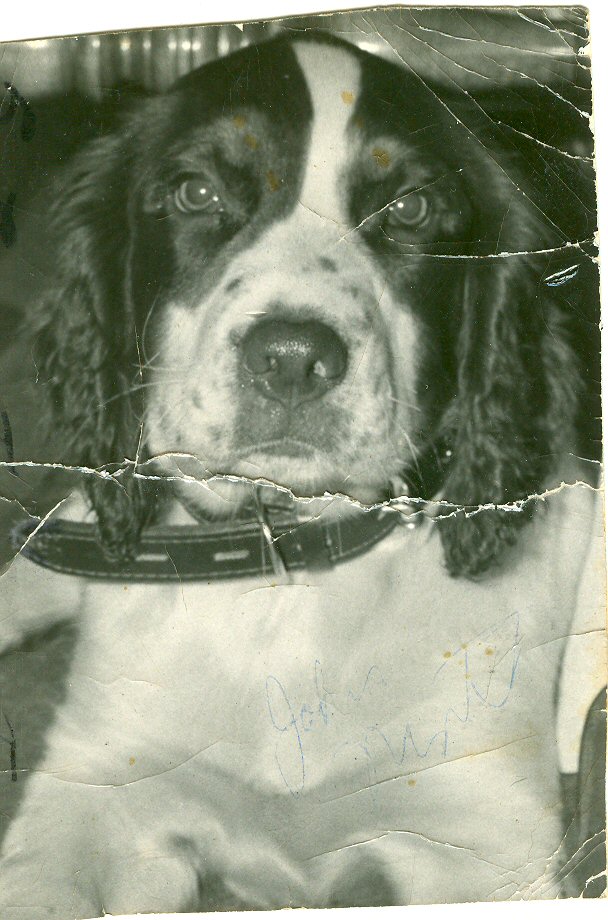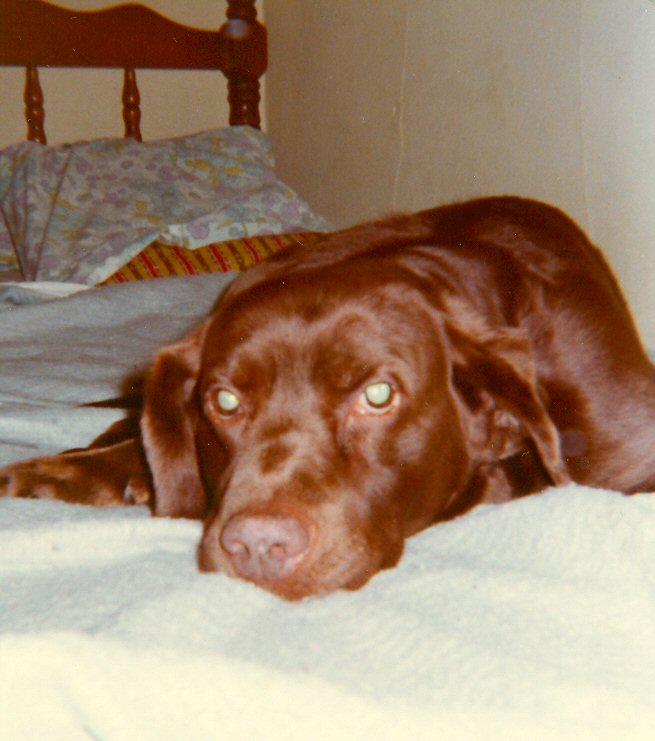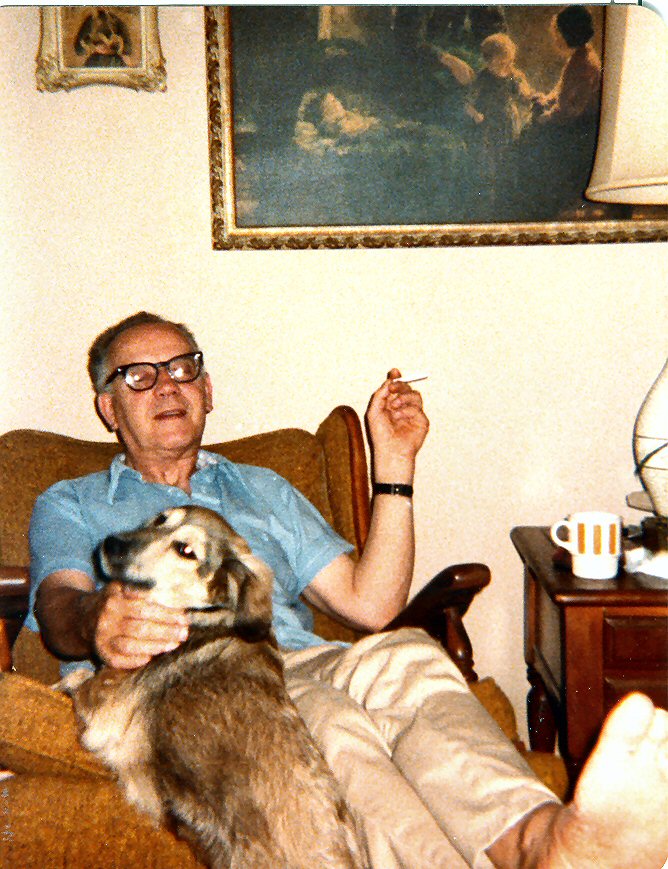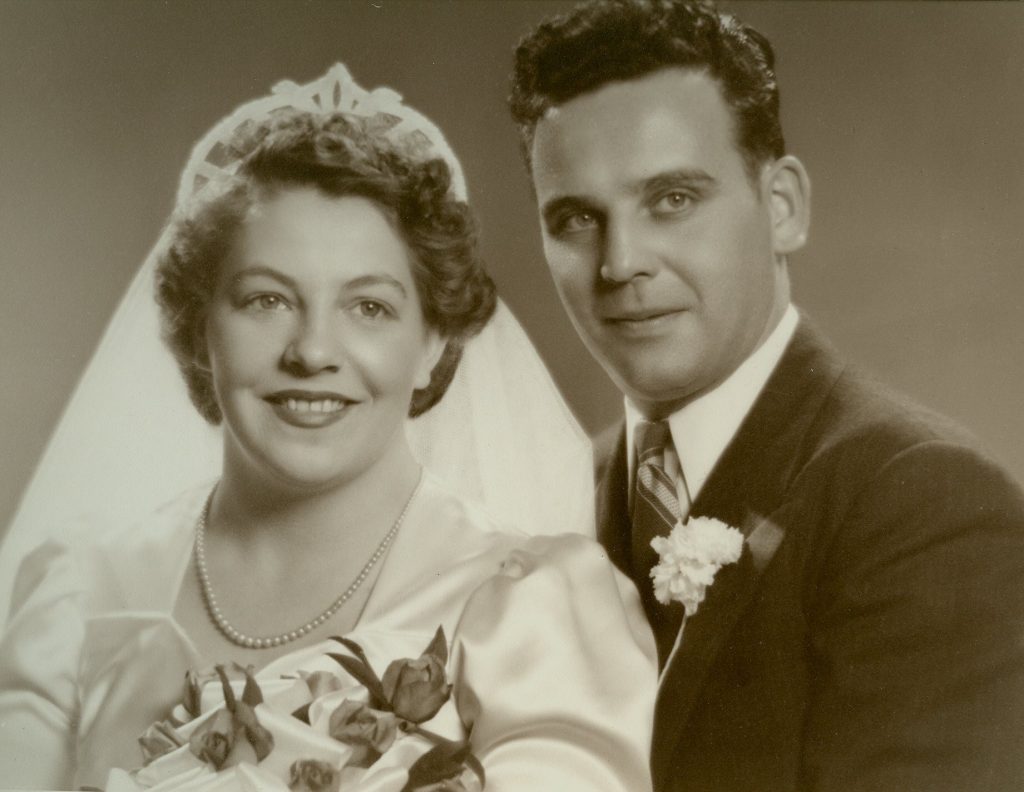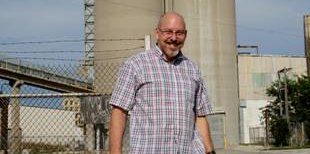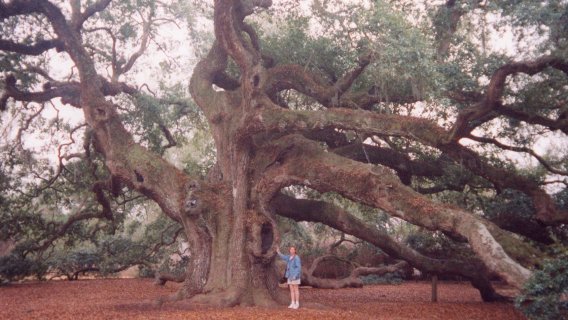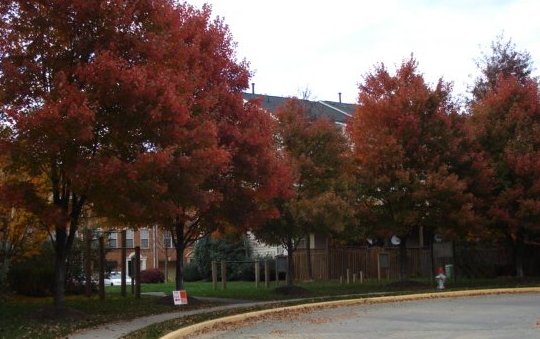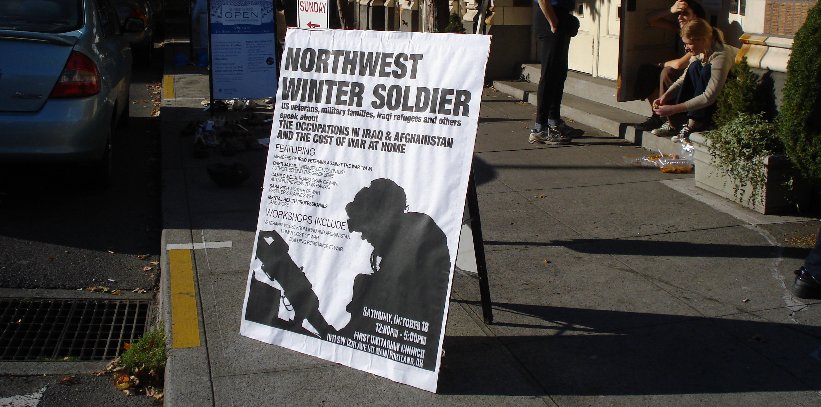Chrissy’s father died today. He was ninety-three and had a full life.
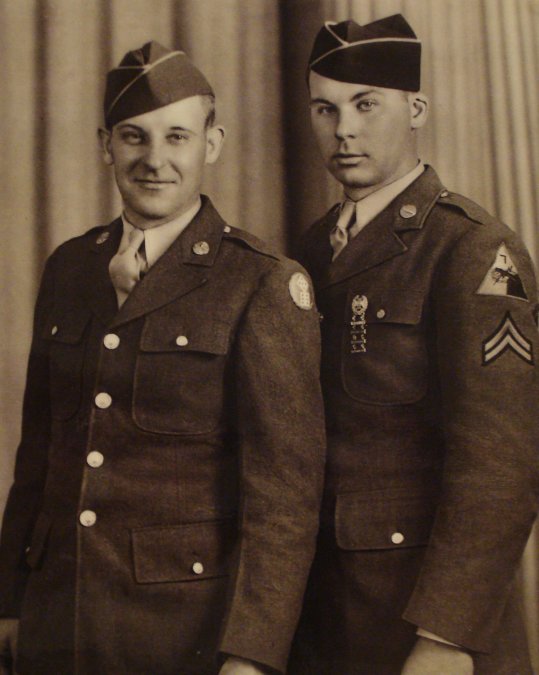
A lot happens during a life that spans almost a century. It is hard to imagine life on a farm in the hills of western Wisconsin in 1915. The work was still done mostly by muscle – human and horse – and the world after dusk was lit only by fire. Electricity wouldn’t come out to the farm until the rural electrification program during the depression.
Arnold Johnson served in Patton’s army in World War II. He was injured in battle and spent time in a hospital in Britain. After the war he returned to the farm that had been in his father’s family since they immigrated from Norway in the middle of the 19th Century. He married Pearl Olson and they built a life together. Seven children followed. Chrissy was number six, born when Arnold was already forty-five.
Pearl and Arnold enjoyed the kind of life you cannot have anymore. They grew up in the green valleys (coulees formed by glacial melt waters in an area not glaciated) of western Wisconsin among generations of friends and family. People didn’t move as much back then. They didn’t have the kinds of opportunities we have now, but there were compensations. They were held in place long enough to create multigenerational communities.
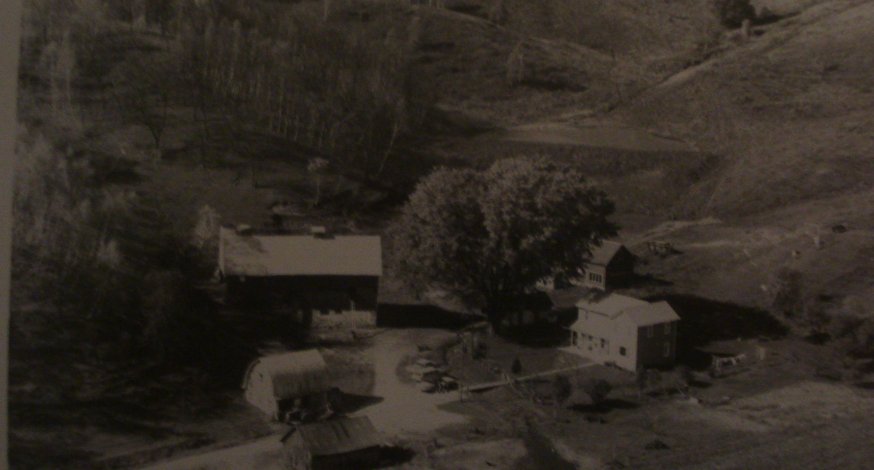
I was always impressed by how many people they knew and how many people knew them. Into his eighties Arnold would do “meals on wheels” to help the “old” members of the community. He helped mow their lawns and make their lives easier. Community was important.
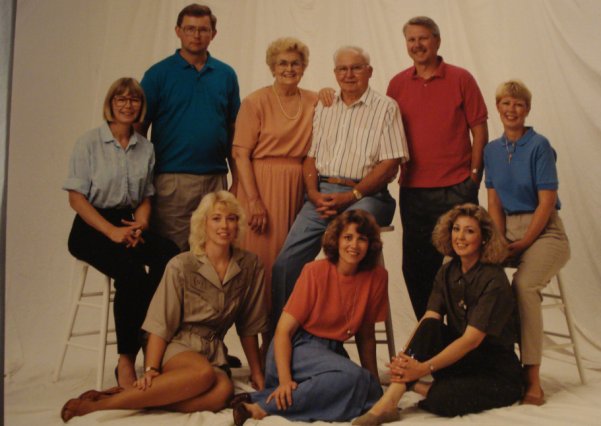
You should not mourn for the life well led and Arnold Johnson led a good life. He did his duty to defend his country in its time of need. He raised cows and crops that helped feed our people and lived his long life in a green, peaceful and pleasant corner of the world. He and Pearl raised a family of seven children. Their hard work provided enough to launch all of them into successful adulthood. There are now fifteen grandchildren and fourteen great-grandchildren so far. And when he died in old age, he was loved and missed by many.
We should all wish to accomplish so much.
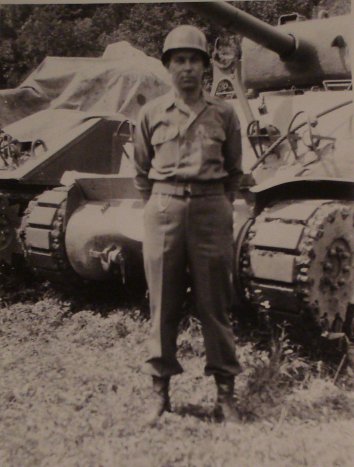
After they are gone, we always regret not paying closer attention to what the old folks tried to tell us. We lament that we didn’t listen as well as we should have or get to know them as well as we could have. I talked to Arnold about the history of his farm and about his experience in the war, but not enough. There are things I would like to know that are now unknowable. Young people don’t usually ask. It is difficult for them to appreciate the experience of the older generation until they have reached an age where they have experienced some of the same sorts of life changes. By then it is too late. Memories fade or are lost entirely.
Arnold was the last of his generation in our family. The “greatest generation” – the one that survived the Great Depression, fought World War II and rebuilt the country after those challenges – is passing away. We shall not soon see their like again. Now we are the old folks.
We may never again visit Holmen or the old farm. That part of our lives is finished. The kids have vague memories of Wisconsin and the memory will disappear entirely in the next generation. Young people have a hard time understanding that old people were not always old. They also won’t listen until it is too late. That is just the way it goes. Old men forget and yet all shall be forgot.
